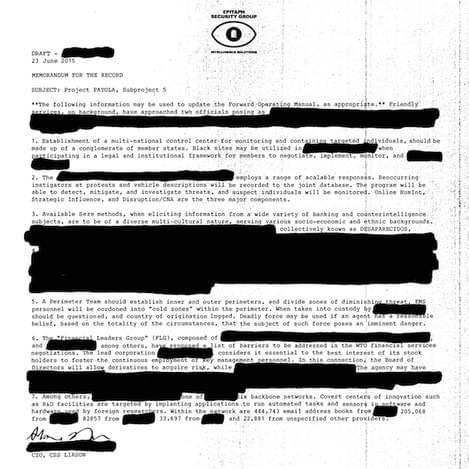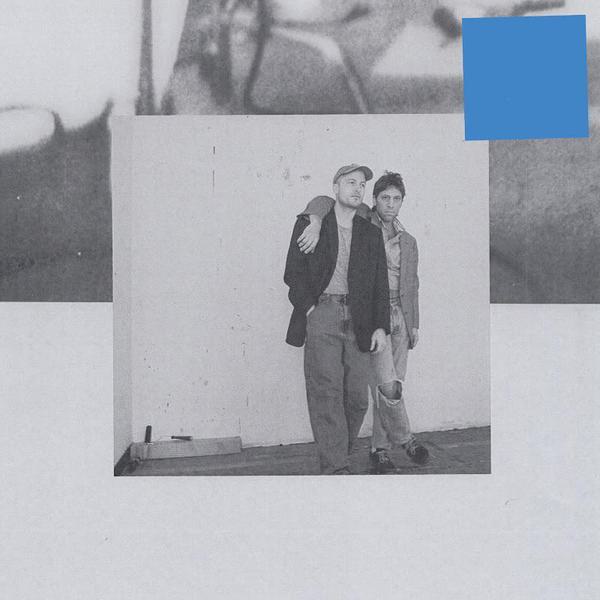Conor Oberst switches through the gears by reviving Desaparecidos' spirited punk
"Payola"

The album they were making was in itself an assault on American culture - on gentrification, failures of local government, and, most notably, materialism and capitalism - and in the immediate aftermath of 9/11, you could have forgiven them for having second thoughts about releasing it. By December, polls showed that 92% of Americans were satisfied by the progress made in the so-called War on Terror since October. Bush’s approval ratings were at stratospheric levels. Even if only a tiny percentage of the population were ever going to hear Read Music/Speak Spanish, it was hard to shake the feeling that a little of this wave of patriotism had seeped into nearly every niche of American culture; even if you stood by every word Conor Oberst had written for the record, you still couldn’t deny that the timing was a touch unfortunate.
By February, the album was out anyway, although such is the potency with which it tackles its subject matter, they could’ve waited until now to put it out without it being any less relevant. After all, many of the topics it takes on are universally applicable across Western society, even if they’re framed by specific nods to the States (the titles of “Mall of America” and “The Happiest Place on Earth” should be enough to give that away.) It’s certainly not surprising that, in the political climate that’s unfolded since, the album’s become a little bit of a cult classic - even if in practical terms you can understand why Desaparecidos have been on the back burner since (Oberst has always had several irons in the fire, whilst his bandmates found colourful ways to keep themselves busy, too.)
Payola has actually been a little while in the making; a clutch of reunion shows in 2012 were followed by a UK tour in February 2013, and four new songs surfaced over the course of that period; they all make the cut here, with “The Left Is Right” opening proceedings. It sets the tone nicely, too; an ode to the Occupy movement that juxtaposes Oberst’s howls of “we’re doomed!” against triumphant, boisterous guitars, it epitomises the album’s spirit - the lyrics are pointedly political throughout, but the sound and feel are consistently in line with freewheeling punk.
There’s little let up as far as the pace is concerned; “Golden Parachutes” takes aim at fat cats (“a locker room of CFOs telling racist jokes”) with a full-throated, communal roar of a chorus that’s not too far removed from Dropkick Murphys, of all bands, and Oberst is on suitably manic form on “Radicalized”, which has screeching guitars segue quickly into actual screams. The political scope is wide-ranging, far more so than on Read Music/Speak Spanish - “Te Amo Camila Vallejo” pays noisy tribute to the Chilean politician who led the 2011 student protests that helped force reform to the education system, “MariKKKopa” takes vicious aim at Maricopa County Sheriff Joe Arpaio, an advocate for Arizona’s effectively racist SB1070 anti-immigration law (since partially struck down by the Supreme Court), and “Von Maur Massacre” uses racing riffs as backing to tell the story - from the shooter’s perspective - of the Westroads Mall shooting of 2007 in Oberst’s hometown of Omaha.
Payola is a thrillingly spirited punk record, and the sharp focus of its politics is a huge breath of fresh air at a point in time when so many rock bands seem afraid to venture into that territory even tentatively. It’s a little one-track, though - there aren’t the moments of quiet paranoia (“Man and Wife, the Latter”, for instance) that made for such an arresting counterpoint to the aggression on Read Music/Speak Spanish, and it’s hard to shake the feeling that the specificity of some of the issues tackled might mean these songs don't prove as timeless as last time around; given that some of these tracks are clearly a few years old already, it at times feels like listening to a British band angrily decry Nick Clegg or address the summer riots of 2011. Even if seems a touch outdated at points, though, there’s not likely to be another punk album this year that unleashes its ire with such precision - and it’s proof again, too, that Oberst remains a master of switching through the gears.
Get the Best Fit take on the week in music direct to your inbox every Friday

Sinéad Harnett
Boundaries

Iron and Wine
Light Verse

Fat White Family
Forgiveness Is Yours





